Why early participant engagement is now a top priority in genetic disease research
pharmaphorum
JANUARY 18, 2023
In 2016, scientists behind a study called the Resilience Project analysed genetic data from 589,000+ people and found 13 adults who carried genetic variants that should have resulted in serious – even deadly – childhood disease, but who were apparently healthy. Giving participants something in return.

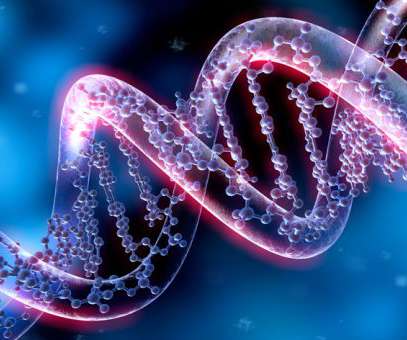
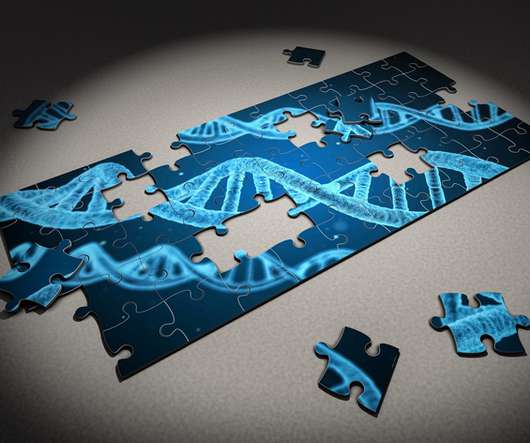
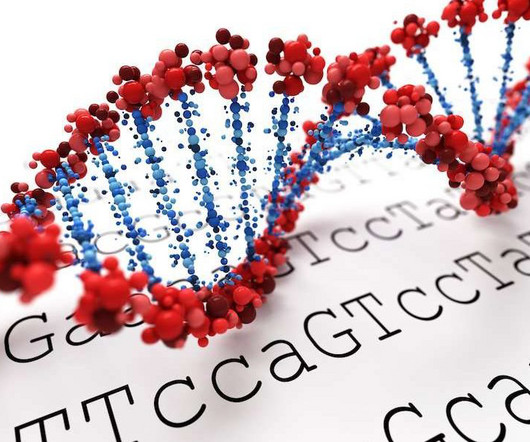
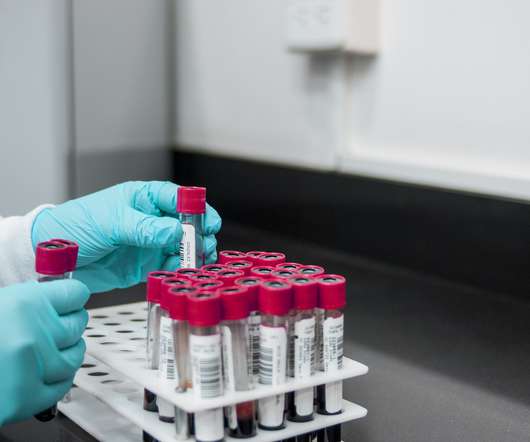
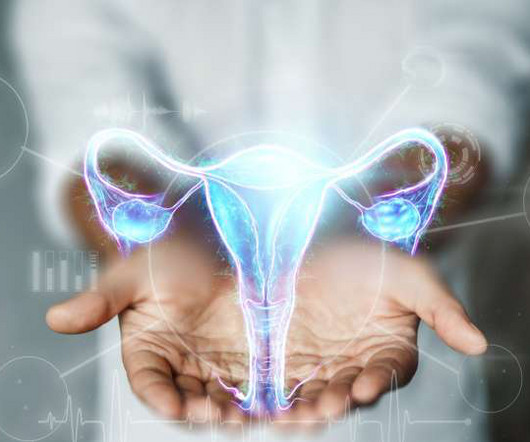







Let's personalize your content